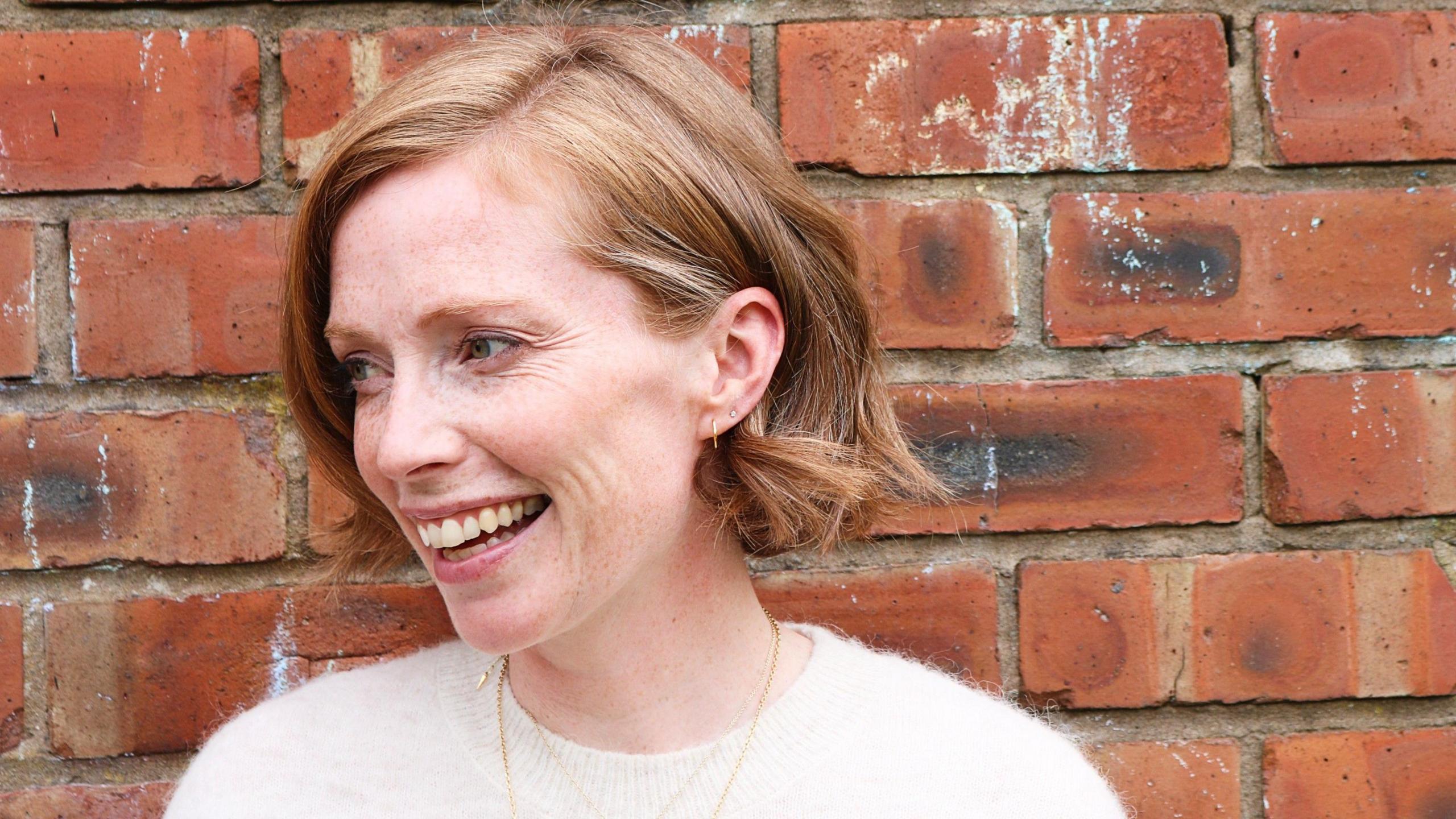Three easy ways to help you beat the winter blues

- Published
Now the clocks have gone back and the evenings are darker, many of us are trudging to work and back in the dark and sometimes our mood is lower as well.
We can feel more tired than normal, lack energy or find it difficult to concentrate.
Seasonal Affective Disorder (SAD), or "winter depression" can affect anyone. For those struggling to stick to their normal daily activites, the NHS, external advises contacting their local GP.
For those with milder symptoms, here are three ways to help you manage the darker days and even embrace them.
1. Focus on what you can do

Psychologist Kari Leibowitz says growing up in the US in a summer-centric town meant she used to view winter as limiting and uncomfortable, but travelling to Norway where some places get almost no daylight in the depths of winter changed her mindset.
She found that instead of people succumbing to a darker mood, they embraced their circumstances, finding different hobbies from snow sports to knitting and cooking.
"They're looking at winter as a time of year that's full of opportunities," she says.
Kari said it taught her that changing your approach to focus on what you can do during this time, rather than what you can't, was surprisingly effective.
This could include winter walks,, external movie nights, cooking a new meal or ice skating.
"So often we only focus on the things that are harder to do in the winter when really there's a whole world of seasonal activities that feel better when it's cold out."
2. Accept you need more rest

With our work and social calendars ticking along as normal, we may wonder why we feel so tired but Kari says we need to accept our bodies need more rest in winter.
"It's actually good not to be as productive or active as you would be during the summer months because our bodies are biologically hardwired for rest during winter," she says.
Just like animals and plants, she says we should be slowing down and changing our behaviour.
Dr Em May Armstrong, a plant researcher, says the key is finding the balance between resting more and becoming too lethargic.
She suggests so called "active dormancy" - mixing a slower restful lifestyle with activities that still keep us mentally engaged.
This could include activities such as knitting, repairing clothes or practices that help get you ready for the year ahead.
"And while that's not as active as, say, travelling or camping, it's just as active in a more restorative way."
3. Make plans

While resting more is natural, it is still important to make time for the things that make us happy and to mix with other people, according to GP Gavin Francis.
"We're very social animals, even the most solitary human being doesn't live completely alone. We all depend on others."
He suggests planning activities in advance, focusing on spending time with those who make you feel good, and activities which can boost your mood.
Doing this means you're committed, and a low mood nearer the time won't be able to stop you.
"You can then start planning in your diary to do more things with these people over winter," he says.
Simple practical things to improve your mood, such as making sure you get a good night's sleep, avoiding too much alcohol or late night parties and maintaining a healthy diet are also important, he says.
"These things are not rocket science, but they're really fundamental to having a good, healthy circadian rhythm and a good healthy physiology through the winter."
Related topics
Other stories you may enjoy
- Published3 November

- Published31 October

